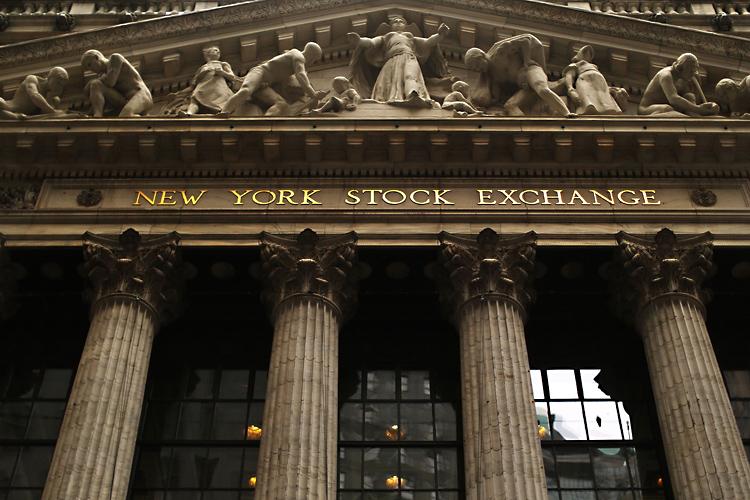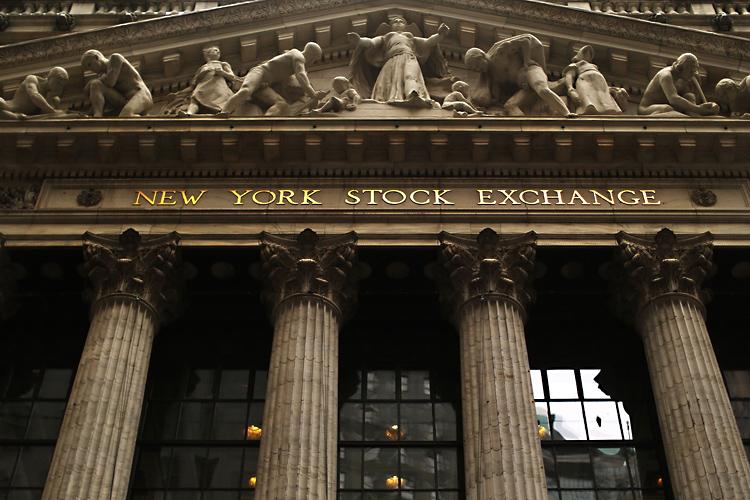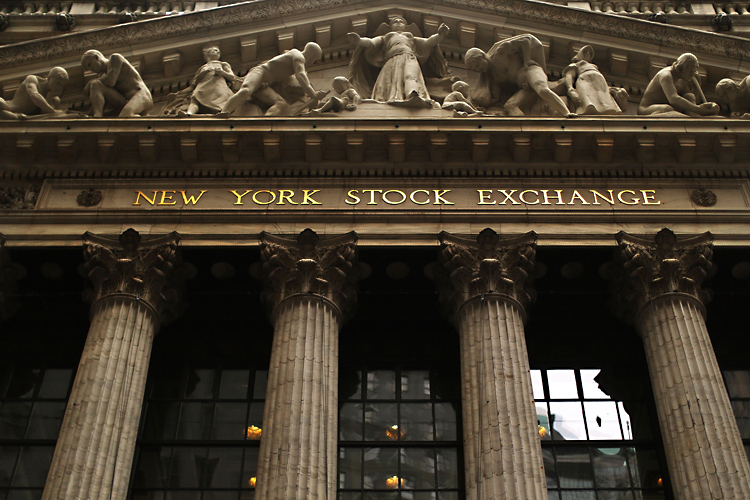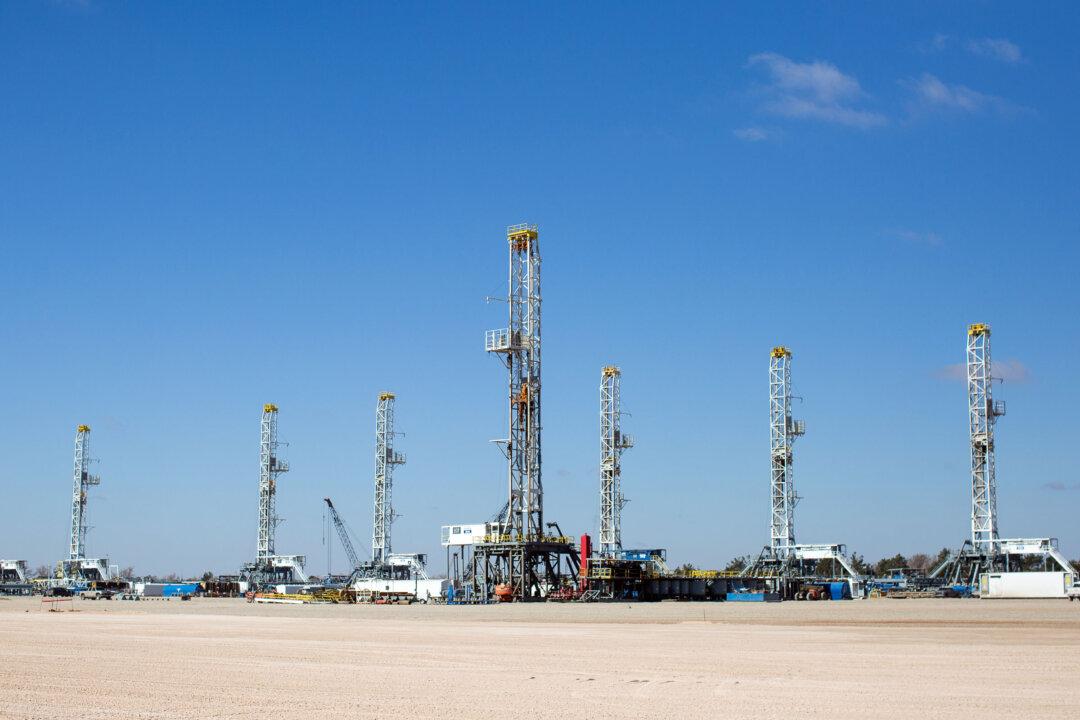Atlanta-based Intercontinental Exchanges is buying the parent company of the New York Stock Exchange for $8.2 billion in cash and shares.
“This transaction leverages the strength of our iconic brand and the value we have created in our global equity and derivatives franchises—positioning the business for solid long-term growth and development,” said Duncan L. Niederauer, CEO of NYSE Euronext, in a press release.
Leverage and cost savings are a necessity for an operator of global stock exchanges. Stock-trading volumes on official exchanges have been continually shrinking since the dawn of the financial crisis. Yet costly investments in IT infrastructure were and are still necessary for the global operator of stock, bond, and future contract exchanges. NYSE Euronext owns the New York Stock Exchange and Euronext, which includes the Paris and Amsterdam Bourse and smaller European exchanges.
Given the global scale, the merger with Intercontinental Exchange (ICE) makes sense. The Atlanta-based operator of future contract exchanges also operates globally, but there is little overlap in terms of products.
NYSE has around 8,000 stock listings and represents roughly one-third of global equity trading volume. It also has a dominant market position in interest rate derivatives, contracts between private parties—mostly banks—that bet on changes in interest rates on bonds or benchmark rates such as the Federal Funds Rate.
ICE on the other hand does not have equity, bond, or interest rate exposure. It is a dominant player in the commodity and energy futures market where it operates regulated exchanges. It also operates in Europe, just like NYSE Euronext. In order to realize the $450 million in yearly cost synergies starting in 2014, the two companies have to find a way to combine IT resources and overhead without jeopardizing the different product offerings.
“We believe the combined company will be better positioned to compete and serve customers across a broad range of asset classes by uniting our global brands, expertise and infrastructure,” said ICE CEO and Chairman Jeffrey C. Sprecher.
“With a track record of growth and returns, clearing and M&A integration, we are well positioned to transform our combined companies into a premier global exchange operator that remains a leader in market evolution,” he adds.
Another advantage of the deal is that regulators likely will allow it to go through. Previous attempts by rival U.S. exchange Nasdaq OMX, and Euronext’s competitor Deutsche Boerse to buy out NYSE Euronext were blocked by regulators on both sides of the Atlantic due to antitrust concerns.
Since both companies operate in different business segments, this should not be an issue this time around. Both Deutsche Boerse and the Nasdaq have a large equity trading franchise, and a combination of either with NYSE Euronext would have created a global giant.
Financing Structure Complex
ICE, which as of Dec. 20 has a market cap of $9.2 billion, will offer both shares and cash for NYSE Euronext, which on Dec. 20 still traded at a 4.7 percent discount to the $33.12 per share ICE is offering.
The reason might be the structure of the offer, which is not all cash. All cash offers are the least risky for shareholders of the acquired company. ICE will offer only $2.7 billion in cash and the rest in ICE shares. NYSE Euronext shareholders can choose whether they will accept just cash, just ICE shares, or a combination of both. Since the cash component is limited, not all shareholders can opt for all-cash compensation.
Another factor is that ICE will have to finance the merger with a substantial amount of debt. The debt used to finance the transaction will end up on the books of the new combined entity. If current NYSE shareholders end up with shares in the new entity, they are owners of a new entity with more debt than NYSE Euronext.
This is not necessarily bad, if the planned synergies work out. If the plan does not succeed, however, increased interest payments will way on future cash generation and dividend payouts, thus adding risk to the transaction.
The Epoch Times publishes in 35 countries and in 20 languages. Subscribe to our e-newsletter.






